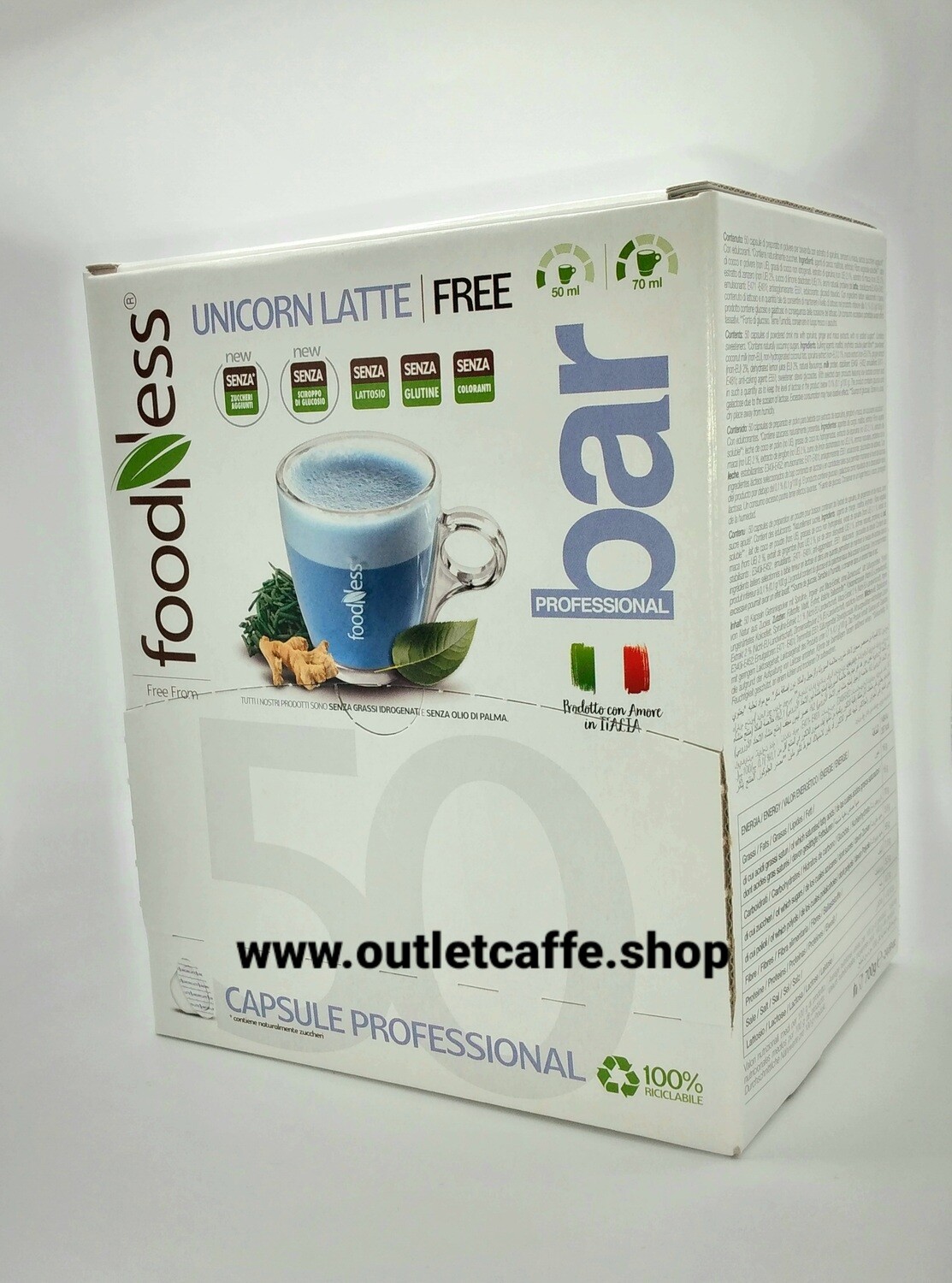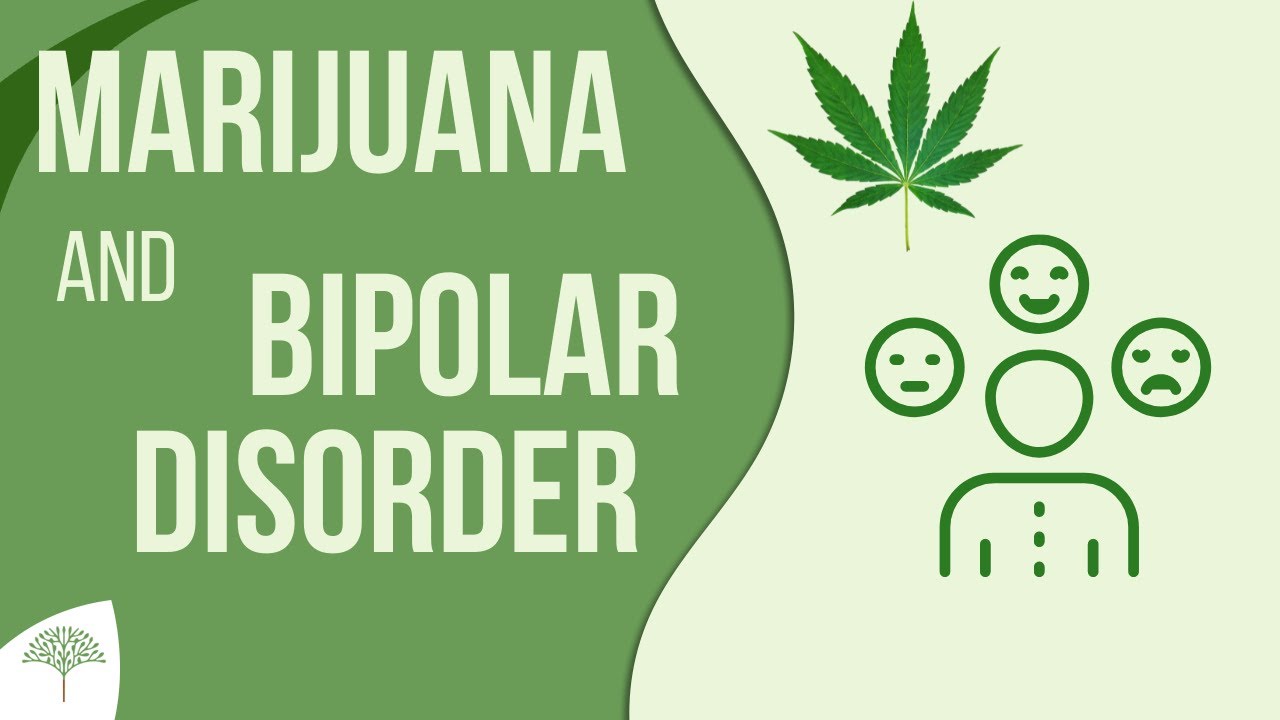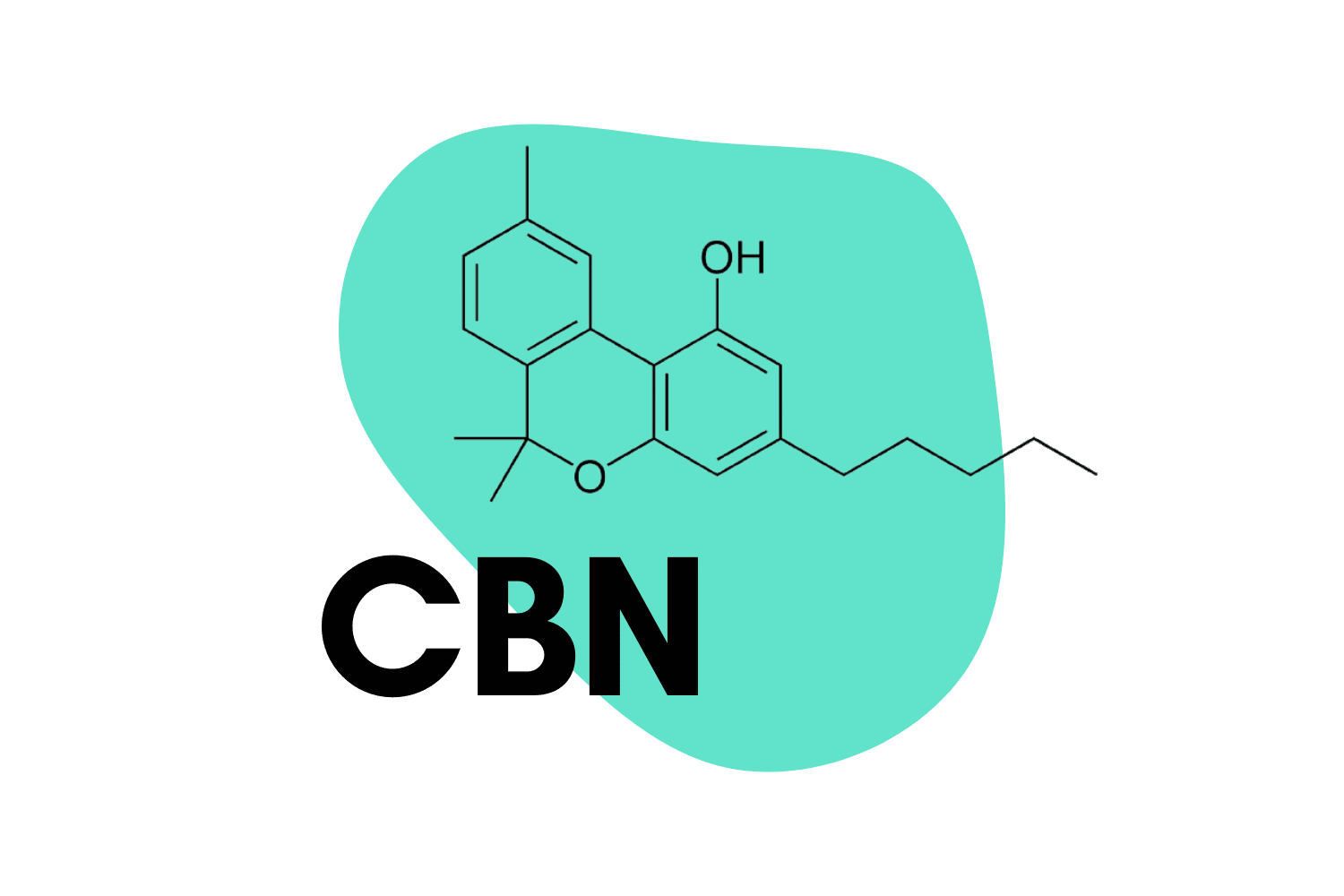
CBD can be used to treat a variety of health issues. It can be used as an anti-inflammatory agent, pain reliever and blood pressure regulator. It isn't yet clear if CBD can be used to treat these ailments. This article will provide some background information on this compound. It may interest you to learn more about its potential applications for humans.
Cannabidiol
Cannabidiol, also known as CBD, is a naturally occurring substance that interacts with our endocannabinoid (human body) system. This system regulates many vital bodily processes including the production of hormones, neurotransmitters, and other chemicals. It releases molecules called "endocannabinoids", which attach to receptors within the body's cells. These compounds act on the body's neurons to modulate a variety of processes, including growth and differentiation.
CBD and Cannabidiol have been linked with a variety of conditions. This could make them beneficial for people suffering from anxiety or depression. The compound can also be used for pain management. People who suffer from inflammatory conditions, such as Parkinson's disease, may also benefit from CBD.
Chinese believe CBD has pain-relieving and anti-inflammatory properties. This is the reason why so many scientists are studying CBD. CBD has also been shown to have a positive effect on mood and the immune system. CBD's effects are believed to last a lifetime.
Research has shown that CBD improves the signalling in the brain and is associated with a reduction of psychotic symptoms in schizophrenia. This may be due to anandamide inhibition. GW Pharmaceuticals carried out a 2014 study that included CBD as a supplement for antipsychotic drugs.
Cannabidiol has also been approved as a treatment for seizures in epileptic patients. It is now widely available on UK's NHS. This compound was first approved for the use of the drug Epidiolex. Although cannabidiol is not psychoactive or euphoric, it decreases the severity of seizures by interacting with the endocannabinoid system.
Pain relief
CBD is a natural painkiller that can be found in the cannabis plant. You can find CBD in many forms: oils, edibles, and pills. CBD has a slow effect on the body, lasting between 20 minutes and 4 hours. CBD oils, which are concentrated forms of CBD, are used commonly as pain relievers.
CBD works by affecting the body's endocannabinoid system. This system can control sleep, mood, pain, and reproduction. It is also known to help relax, lower anxiety and regulate sleep. It is used for chronic pain treatment because of its many benefits.
CBD activates CB2 receptors in your ECS. This allows you to manage pain. These receptor deficiencies are associated with a variety of diseases and conditions such as migraines, fibromyalgia, and other disorders. Cannabinoids can also be used to reduce pain thresholds and prevent the formation of inflammatory particles. These compounds can be compared to nonsteroidal antiinflammatory drugs (NSAIDs), because they work by blocking the enzyme which produces prostaglandin.
There have been studies that CBD and cannabis can help with pain management. Even though CBD isn't regulated, it has been proven to be less painful for chronic pain. Research has shown CBD to have positive effects on inflammation, appetite and mood.
CBD and cannabinoids are produced by the body, and they attach to receptors in the brain. The receptors are thought to be involved in pain perception and inflammation. The exact mechanism of CBD's pain relief remains to be discovered.
Anti-inflammatory

CBD is an antiinflammatory drug because it inhibits the production of pro-inflammatory chemicals in the body. CBD inhibits adenosine equilibrated cleosidetransporter 1 (ENT1) and thus, TNFa and IL-8 are not expressed in mice. CBD also inhibits TNF production by inhibiting the reuptake.
An inflammation of the musculoskeletal systems can lead to many musculoskeletal issues. These include tendonitis and osteoporosis as well as arthritis, tendonitis, fibromyalgia and other autoimmune diseases. Chronic inflammation of the musculoskeletal system may cause stiffness and decreased ability to complete basic tasks. CBD can alleviate these symptoms by improving the function and structure of the skeletal muscle.
Bath oils can provide additional therapeutic benefits to the body by incorporating CBD. CBD baths have been shown in studies to alleviate pain, reduce inflammation, promote relaxation, and increase energy. They can also be beneficial for minor skin irritations. CBD oil doesn't penetrate the skin to reach the bloodstream. However, it does interact with CB2 receptors on the skin.
Another application for CBD is in multiple sclerosis, a neurodegenerative disease characterized by inflammation of the central nervous system. CBD has been shown to protect nerves and repair neural tissues in preclinical trials. It has also recently been evaluated for use in allergic contact dermatitis, which results in hives, swelling, and itching. CBD has been shown that it reduces inflammation. However, further research is needed in order to verify its effectiveness in this condition.
CBD is also known to interact with several signalling pathways in the brain. It is also known to activate TRPV15 the vanilloid-receptor channel, which regulates pain and temperature. These interactions are thought responsible for CBD’s anti-inflammatory properties within the central nervous. CBD interacts directly with the PPARy signal, which is believed to be important for CBD's antiinflammatory actions.
Blood pressure medication
CBD is a non-psychoactive cannabinoid. This compound is being studied more and more for its potential to reduce blood pressure. It is thought to reduce high blood pressure levels by decreasing the heart rate-induced rise in blood pressure. CBD isn’t intoxicant. However, it is a powerful supplement which can have a profound influence on your overall health.
CBD is a potent antihypertensive, and it has multiple functions. One of these functions is the reduction of anxiety and stress which are major factors in high blood pressure. CBD can also improve the quality of sleep and boost mental focus, two qualities that are associated with reduced blood pressure.
These benefits aside, there is not enough evidence to support CBD's blood pressure lowering role. A few preclinical studies have shown that CBD reduces blood pressure and the response to stress. In humans, this effect has not been confirmed, but researchers hope that it will be a useful tool in the future for reducing high blood pressure.
It has been demonstrated that CBD can interact with prescription drugs. In particular, it has been shown to alter the concentration of cyp3a4 enzyme, which is used to regulate blood pressure. CBD could interfere with blood pressure medication's effectiveness, making it contraindicated for some patients.
The effects of CBD on blood pressure are not clear, but there is evidence that it can improve mood. The brain activity of CBD is believed to be beneficial in helping people cope with stress, and may even improve their mood. CBD oil could have an impact on blood pressure. More research is necessary to understand these interactions.
Acne treatment

There are many benefits to using CBD as an acne treatment. First, it has antibacterial and anti-inflammatory properties. It can be used for all skin types. It won't interfere with other products that you might be using. CBD's oily properties won't block pores like other creams.
CBD has been proven to be an effective treatment for acne. It is vegan, non-toxic and has been proven to be effective in treating acne. It is also made in the USA, which adds to its benefits. This makes it worth considering.
Acne can affect many people. Hormonal acne can be difficult to treat for some people. This type of acne is characterized by cystic lumps on the underskin. Because cystic lumps on the underside can be hard to treat, many patients resort to oral medication for their hormonal imbalance. CBD oil may also help hormonal acne sufferers.
CBD may be able also to regulate the production and use of sebum (an oily, waxy substance that is secreted by the skin glands). Having excess sebum can lead to acne and can cause scarring. CBD is a natural way to control acne. Keep your skin clean and free from oil. It can also reduce inflammation by regulating the skin's oil production.
CBD is an effective treatment for acne. It can also reduce scarring. CBD is not only effective at reducing acne scarring but it can also be used to reduce the itching associated with acne. CBD also acts as an antiinflammatory and promotes growth of healthy tissue.
FAQ
Is there any evidence CBD has anxiety-reducing properties?
CBD oil can be used to treat anxiety. It interacts with CB1 receptors and CB2 receptors in your brain. The mood and stress responses are controlled by the endocannabinoid system.
CB1 receptors are activated by chemicals released when we feel anxious. This receptor activates and sends signals to amygdala which is responsible for emotional processing.
If the CB1 receptor becomes blocked, the brain doesn't get the signal to express emotions. As a result, people who take CBD experience fewer negative feelings.
2017 study found that CBD helps reduce anxiety in social phobia patients. Another study concluded that CBD had a positive effect on symptoms of PTSD.
A 2018 review concluded that CBD has anxiolytic properties and could help treat generalized anxiety disorder.
Another study indicated that CBD might help reduce panic attacks.
However, multiple studies have shown that CBD does increase anxiety in mice.
The difference in results between animals and humans could be explained by differences in the way that CBD is metabolized in different species.
CBD does not have any safety data. Experts are unanimous that CBD is safe if used as directed.
What are the best CBD brands?
These five top CBD brands are hand-picked by our team based on value, reliability, quality, and price.
They sell high-quality CBD oil products with less than 0.2% THC.
Also, we recommend that you check out our list with the top CBD sellers around the world.
Is CBD a good idea to invest in?
The demand for hemp-based goods continues to rise as more people realize their benefits. The market for hemp-based products could reach $1 billion by 2022, according to estimates.
Market growth is expected to continue at a rate of more than 20% annually until 2020 when it will reach $2.5 billion.
Hemp oil is already used to make many beauty and healthcare products, such as lotions.
There are many companies that produce CBD-infused foods, snacks, pet food and dog treats.
CBD is currently legal in all 50 states, although this may change soon. CBD will become more widely used as a legal substance in the future. This will allow businesses to be more legally able to do business.
These factors make it clear that CBD investing can be a profitable venture.
Is CBD still a viable alternative?
The answer is yes. The answer is no, not because of its medicinal benefits, but because it helps people feel better without getting high.
People who want an alternative to prescription medications will love the fact that you don't feel any different after you use it.
As we have seen in studies, cannabis has been shown to be effective in treating pain, anxiety and depression.
Cannabinoids in cannabis interact with our brains. This interaction leads to feelings of relaxation.
You should understand the effects of CBD oil on your body and health if you are considering using it.
Where can I purchase CBD products?
CBD can be purchased online or in local shops. Online retailers offer better deals. Many websites sell CBD products containing industrial hemp.
You can shop locally if you prefer to buy CBD products from brick-and-mortar stores.
Many states allow CBD products to legally be bought without prescription. CBD products may be available at your local pharmacy if the state you reside is one of them.
CBD products could even be delivered to your home.
Statistics
- The inhibition of FAAH is predicted to lead to an increase in brain and plasma concentrations of AEA, which acts as a partial agonist at CB1R and CB2R, thereby increasing endocannabinoid tone [92, 110]. (ncbi.nlm.nih.gov)
- HR −16 mmHg; 95% CI −26, −6; I2 = 92%) (ncbi.nlm.nih.gov)
- As a substance that was federally illegal before the passage of the 2018 Farm Bill, hemp-derived cannabinoids with no more than 0.3% THC still face a regulatory grey area. (forbes.com)
- A recent systematic review of human trials also reported that individuals with epilepsy receiving CBD (5–20 mg·kg−1·day−1) were more likely to experience decreased appetite than those receiving placebo (i.e., ~20 vs. 5% of patients) (ncbi.nlm.nih.gov)
- A recent study [161] also found that in vitro CBD treatment (i.e., ≤ 2 h exposure to 10 μM) induced ~40% vasorelaxation in isolated (pre-constricted) (ncbi.nlm.nih.gov)
External Links
How To
How To Get Certified For Selling CBD Products
One of many cannabinoids found within cannabis plants is CBD (cannabidiol). It has been used medicinally for centuries, even in South American countries like India, China, and China. In recent years, however, its popularity has skyrocketed due to its ability to treat conditions like anxiety, pain, epilepsy, and inflammation. There is no formal certification program for CBD products. At least, not in the U.S. Anyone who wants to sell CBD products will have to use the "unofficial", self-certification process.
You have two options. One way to do this is to join the local association of cannabis-business owners. By joining a local association of canna-business owners, you will be able to learn from others and receive support and advice. There are many associations in the country. There are two options. The first is to open an online business. The majority of states allow cannabusinesses to be online. If this is the case, then you can establish your own website immediately and start accepting orders. But, you still need to register with your state's Department of Public Health. Once you have registered, it will be possible to apply for your license through the state's department public health. Once you receive your license, you're officially allowed to open your store and begin accepting orders.